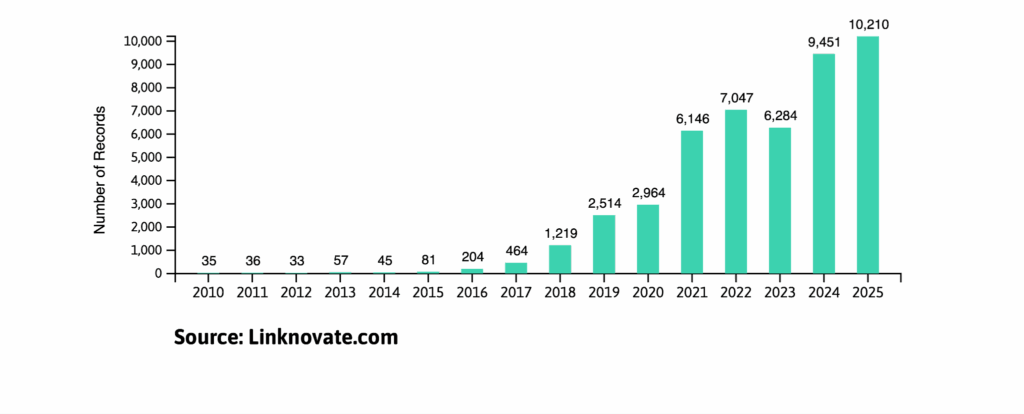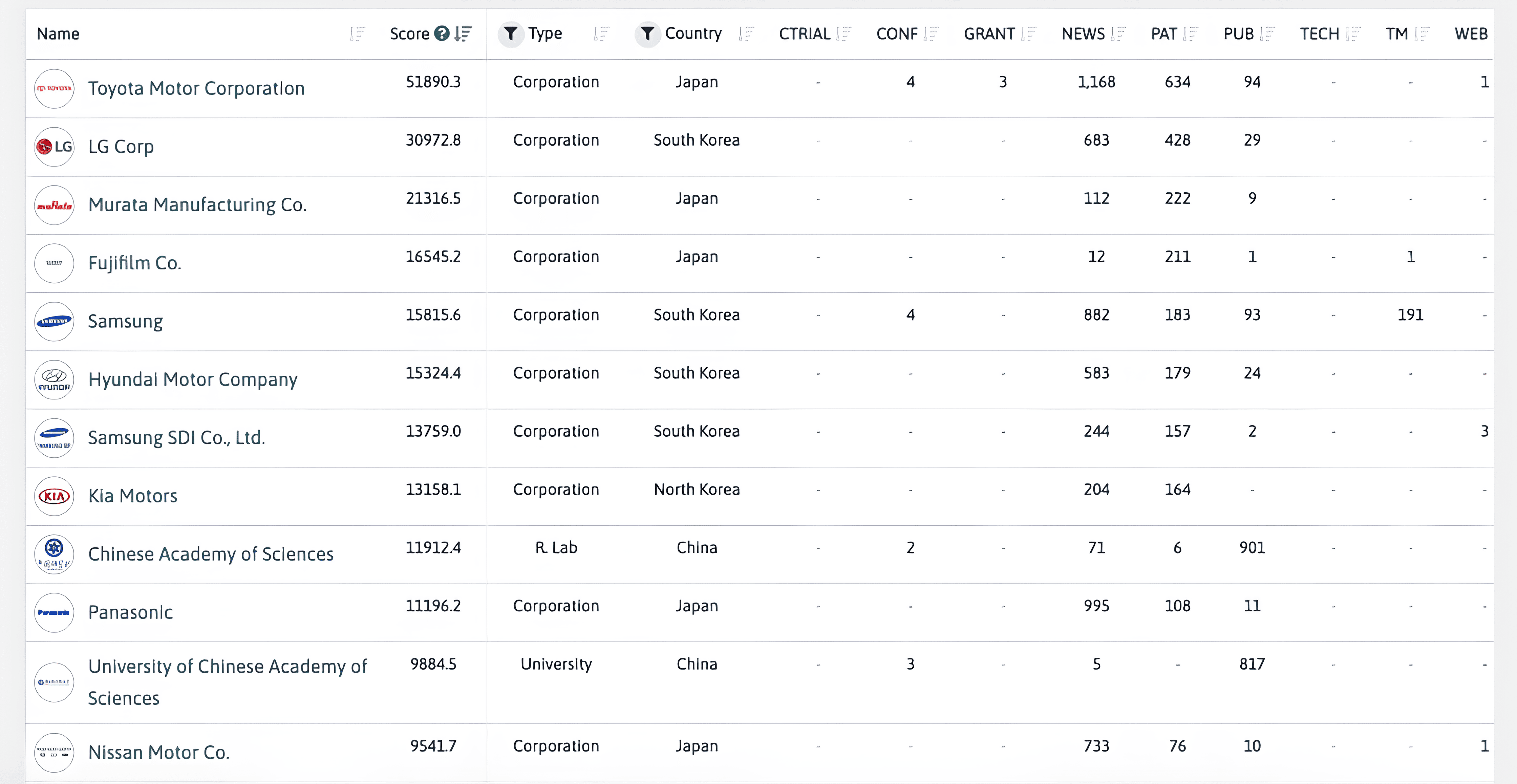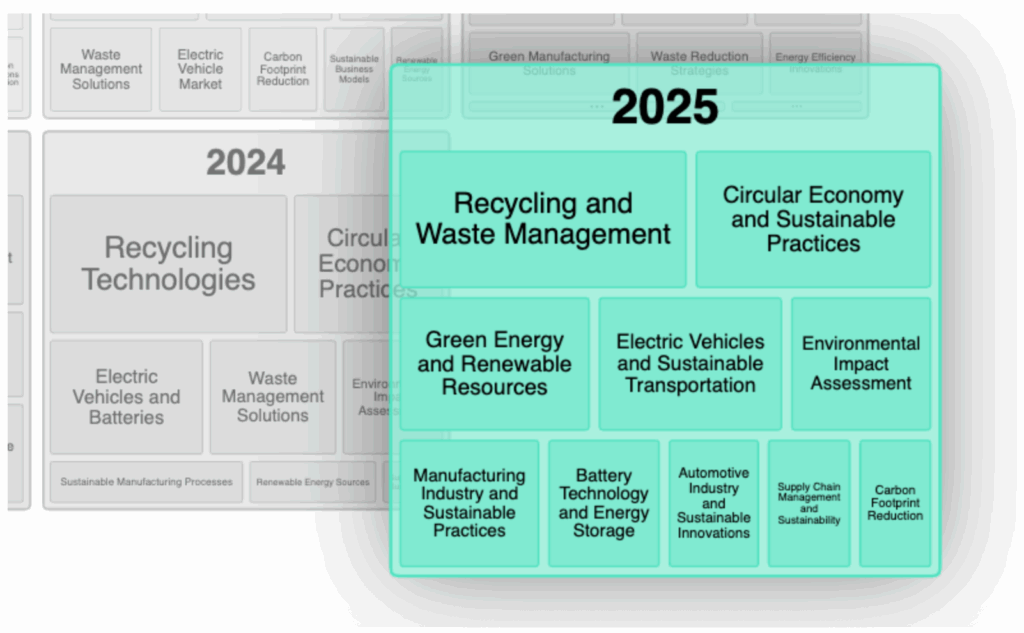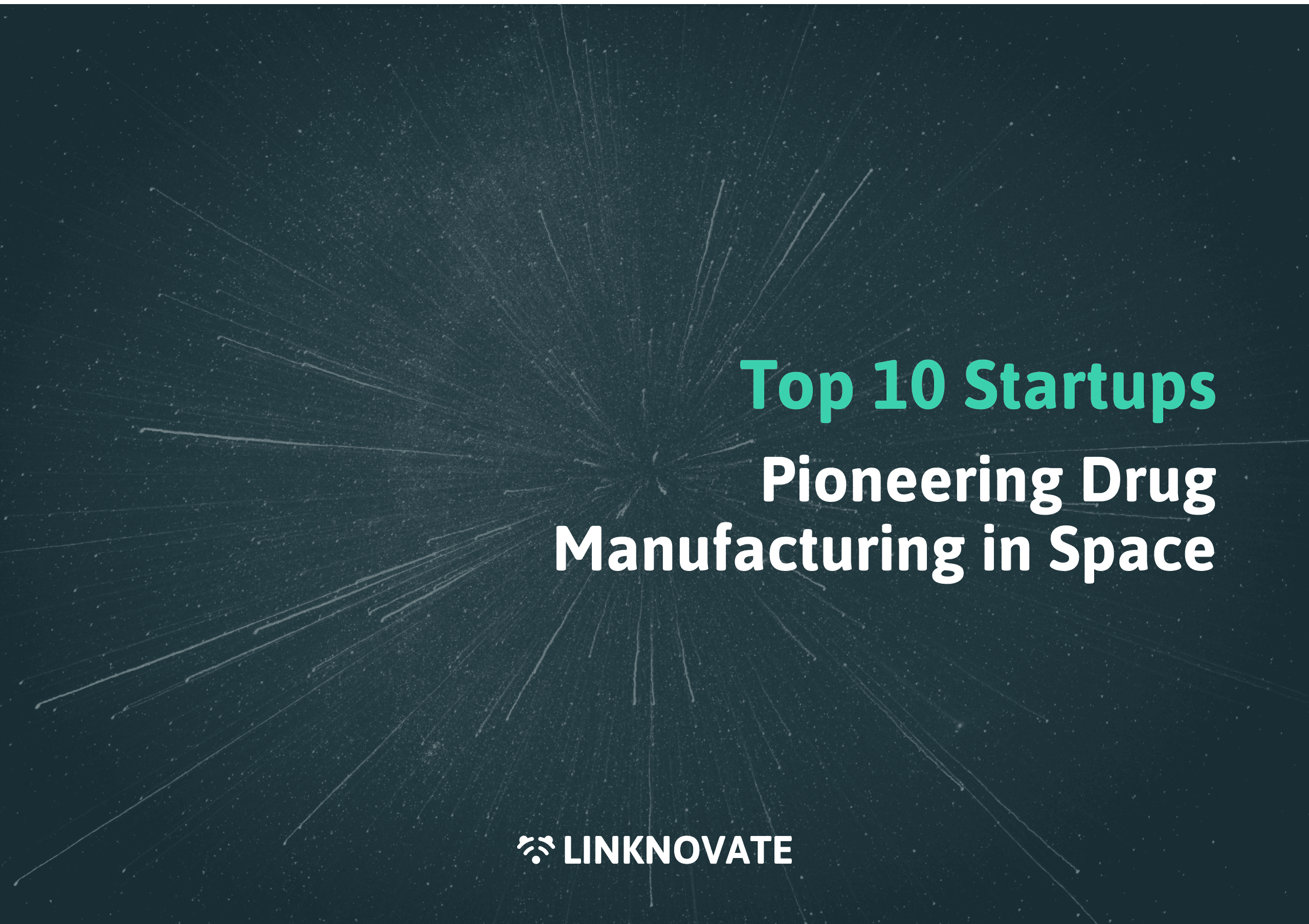The automotive industry in 2026 is undergoing its fastest transformation in over a century. From AI-powered smart factories to solid-state batteries, innovation is reshaping how vehicles are designed, manufactured, powered, and experienced. Automakers, tech companies, and startups alike are racing to define the future of mobility—where efficiency, sustainability, and personalization take center stage.
In this post, we explore the five automotive trends in 2026 that will dominate the road ahead.
1. AI-Powered Smart Factories
Smart Factories are a growing trend in automotive. Automakers are deploying AI-powered manufacturing systems to optimize production lines, predict maintenance needs, and reduce waste. Factories like GM’s Factory Zero in the U.S. and Volkswagen’s Trinity plant in Germany are prime examples of Industry 4.0 in action.

2. Hyper personalization
Imagine a car that adjusts itself to you the moment you step inside, without you pressing a single button. That’s the promise of hyper-personalization in 2026.
- Driver Profiles: Cars now automatically configure seating positions, steering sensitivity, and entertainment preferences based on who’s driving.
- AI Copilots: Conversational AI assistants go beyond voice commands. They predict routes based on your habits, recommend charging stations, or even suggest a podcast when you’re stuck in traffic.
- Biometrics: Some automakers like BMW are integrating biometric sensors that monitor stress, fatigue, or posture, adjusting cabin lighting, seat massage, or music to improve wellbeing.
This level of personalization turns vehicles from mere transportation into adaptive digital companions.
3. Solid-State Batteries: The Breakthrough EV Technology
One of the biggest bottlenecks for electric vehicles (EVs) has been battery performance. That changes with solid-state batteries, which are entering commercial production in 2026. The benefits of EV solid state batteries are:
- Higher Energy Density: Solid-state batteries store more energy in less space, enabling longer driving ranges.
- Faster Charging: Charging times could shrink from hours to minutes.
- Safety & Sustainability: With fewer flammable materials and longer lifespans, these batteries are safer and more eco-friendly than today’s lithium-ion packs.
Companies like Toyota and CATL are leading the commercialization race, while startups explore sodium-ion and hybrid alternatives.

4. Software-Defined Vehicles (SDVs) & Over-the-Air Updates
Cars are becoming software platforms on wheels. The latest trends in car software:
- OTA Updates: Just like smartphones, cars now receive new features, bug fixes, and security patches remotely.
- New Revenue Streams: Carmakers are offering subscription-based upgrades like advanced driver-assist features, entertainment apps, or even horsepower boosts.
- Cybersecurity Priority: With increased connectivity, protecting cars against cyberattacks is becoming a top industry focus.
5. Circular Economy & Sustainable Manufacturing
As sustainability becomes non-negotiable, the automotive industry is embracing circular economy principles.
- 3D Printing & Lightweight Materials: Automakers are using additive manufacturing to reduce waste and create lighter, more efficient parts.
- Recycling & Reuse: From recycling EV batteries to reusing scrap metals, circular manufacturing reduces costs and emissions.
- Carbon-Neutral Plants: Companies like Volvo and BMW are building climate-neutral factories, powered by renewable energy.
This shift is critical for meeting global climate targets and building resilient supply chains.

The Future of Automotive
The top automotive trends in 2026 (AI-powered factories, modular mobility, solid-state batteries, software-defined vehicles, and sustainable manufacturing) are redefining the industry at every level.
For automakers, these shifts mean rethinking business models, partnerships, and long-term strategies. For consumers, it means vehicles that are smarter, safer, greener, and more adaptable than ever before.
The road ahead is not just about cars. It’s about mobility ecosystems that connect people, cities, and energy in smarter, cleaner ways.
🌍 2026 will reward those who act early on emerging energy innovations.
👉 Explore how Linknovate can help you track the future of energy: book a demo.






